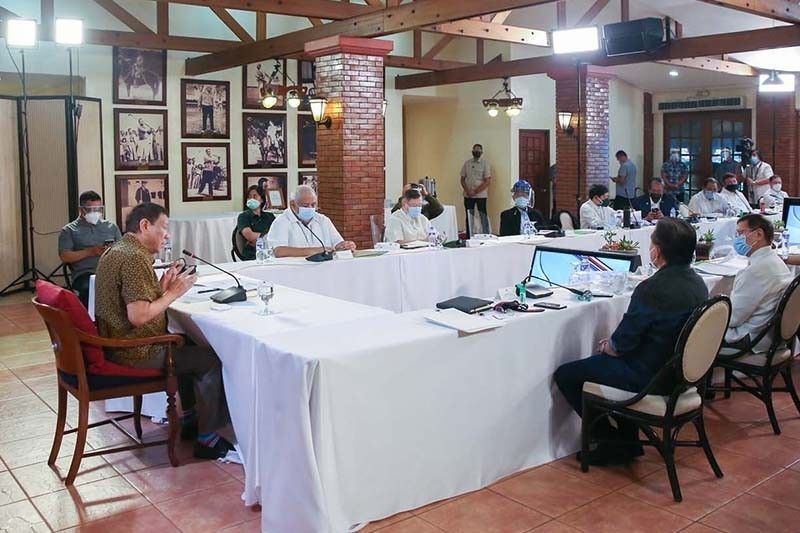Government didn't know about indemnity requirement for vaccines — Palace official

MANILA, Philippines — Government was caught by surprise on the need for an indemnity agreement for COVAX facility's COVID-19 vaccines, a factor that delayed their delivery and effectively, the country's vaccination program, a senior administration official admitted Monday.
An idemnity agreement would free drugmakers from liability in the event of unexpected adverse effects from the jabs as well as put up funds for it, having only been allowed for emergency use.
It would later turn out to be the crucial and final requirement for the vaccines' delivery on top of government already missing out its own indicative date by middle of the month.
'Suddenly, there was this requirement'
On ONE News' "Agenda," Cabinet Secretary Karlo Nograles detailed how officials "were under the impression" that the agreement was not needed as they were not informed of it.
"The negotiating team was following up and asking if this is really it and nothing more then suddenly there was the indemnification," he said. " My understanding was we did not know about that. Everything was supposedly in place."
Vaccine czar Carlito Galvez Jr. told senators in January that an indemnification law is needed to gain access to the doses from COVAX.
A month later, Galvez would say that from their first negotiations with Pfizer, the developers did not ask for it.
But from the moment Galvez appeared at a Senate inquiry to now, no law providing for it has been passed. Only recently did President Rodrigo Duterte also certify as urgent measures for the indemnification, and an agreement was only sent to drugmakers by February 17.
In the same television interview, Nograles said there may have been limitations or "challenges in communication" as an indemnity deal was not mandatory for all countries.
"I wish they had told us that this was a requirement," he said.
"They should have said sooner that 'oh, we can't deliver it without that' or was it an afterthought na because other countries have their own indemnification laws, all countries must have it for this particular brand?"
Under the global initiative for equitable access to the jabs, 5.5 million doses of AstraZeneca and 117,000 from Pfizer were supposed to arrive in the country by third week of February.
The apparent delay in delivery has stirred doubts and sowed criticism on government touting readiness for inoculations yet no jabs to use at present, along with a goal of vaccinating 50 to 70 million this year.
Senators have also aired concerns over this as other countries begin their vaccinations, with Sen. Nancy Binay remarking: "At this point, what we are only sure of is we don't know when the vaccines would arrive."
- Latest
- Trending































